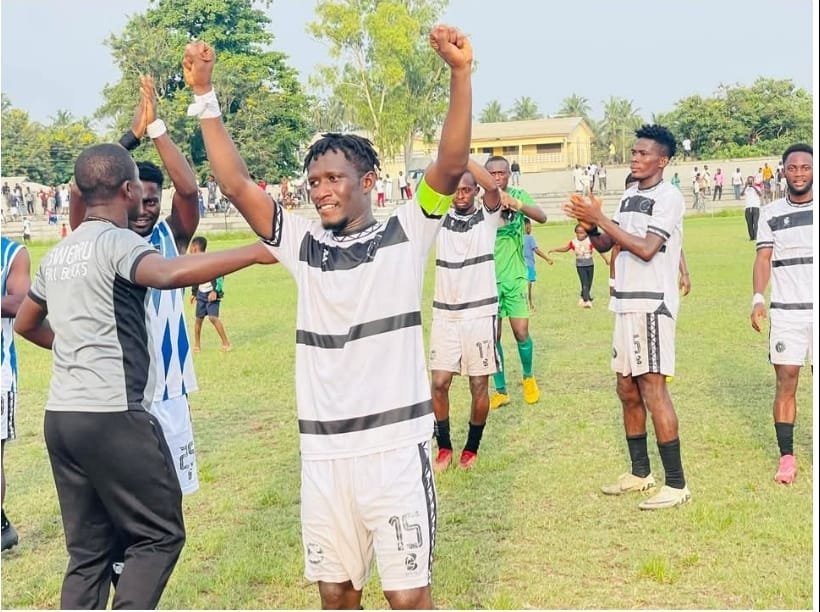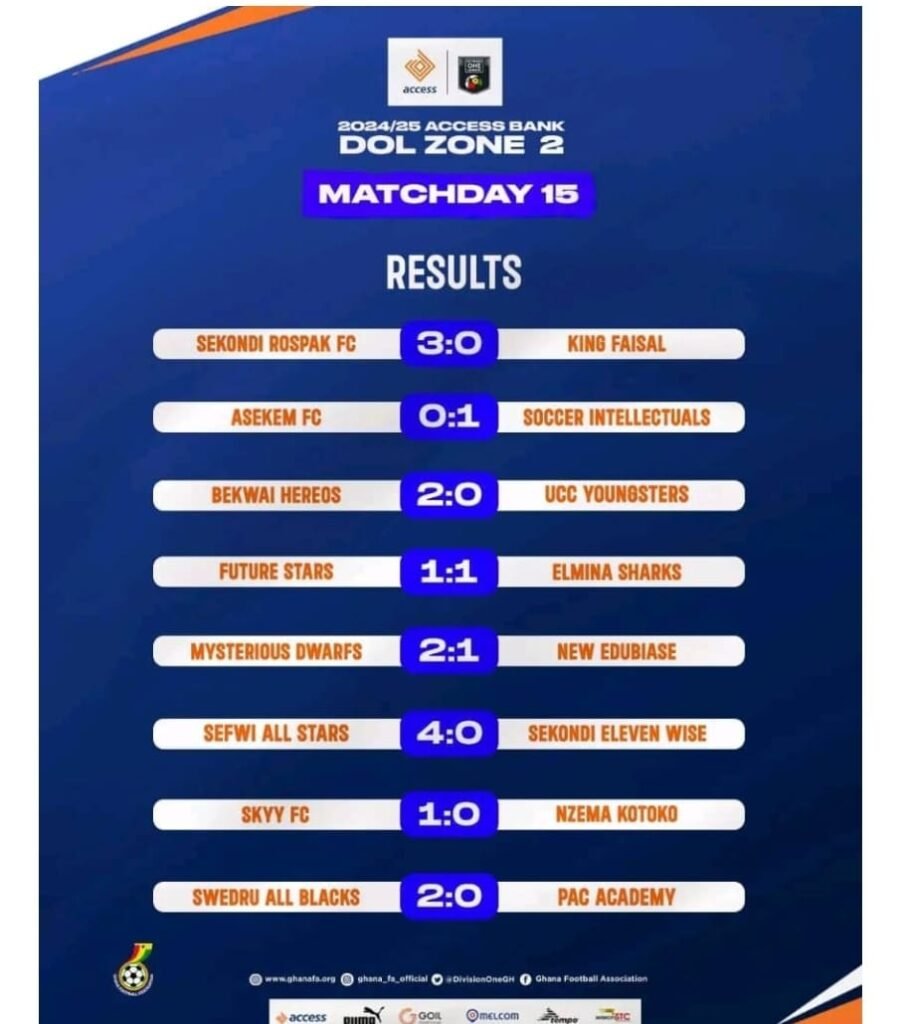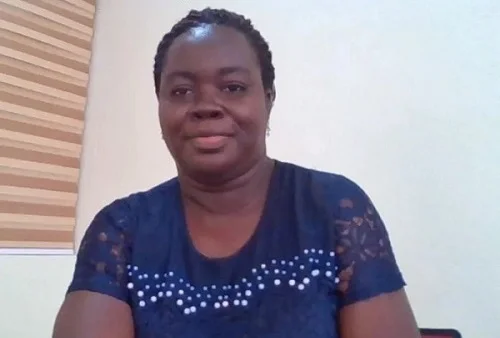Hot!
Ghanaian trained doctors are exceptional – Prof Jectey Hesse

● Prof Jectey Hesse
The President of Accra College of Medicine, Prof Afua Adwo Jectey Hesse, has described the quality of medical training in Ghana as excellent, compared with what pertained in some countries.
According to her, “medical doctors in Ghana are trained in all the disciplines in medicine, after which they do their housemanship in Internal Medicine, Surgery, Child Health, Obstetrics and Gynaecology. After the completion of the housemanship, a doctor chooses a post-graduate programme in a particular discipline.”

Prof Jectey Hesse said doctors in Ghana were trained to become Primary Health Care Practitioners, and this had enabled them to take care of a good range of diseases in the country.
Speaking in an interview with The Spectator, she said the rigorous medical training package in the country was what had made Ghanain doctors to be in high demand outside the country because of the experience they had gained at the lower level, as compared with doctors trained in many places outside the country.
According to her, some medical students trained outside Ghana, for example, were not allowed to touch their patients during the clinical period.
She said one would realise that their training was basically theoretical.
“How can you do your clinical training for three years without touching a patient?, she asked rhetorically.
She advised parents to desist from compelling their children to read medicine and other courses against their wish or beyond their capabilities because all children were not endowed in the same way.
Prof Hesse advised students, especially those who read General Science at the Senior High School but could not gain admission to read medicine, not to lose hope but persevere in their studies, and better their grades, adding that medicine could be read after the first degree provided one was determined and remained focused.
“Get the skills and competences which will make you to become a good doctor. We have doctors who are reading law, agronomy and studying for post- graduate programmes in Information Communication Technology (ICT), developing apps to come out with innovations to aid in the field of medicine,” she advised.

Prof Jectey Hesse said a survey conducted by the Public Sector a couple of years ago had revealed that it cost at least an equivalent of $15.000.00 to train a medical student a year in Ghana.
She explained that in public institutions, the government in particular and often with the assistance from corporate bodies, took care of tuition, facilities, equipment and everything which were involved in the training of students.
Even though invariably due to the large numbers of students admitted to the public institutions, the facilities and trainers could not keep pace with the numbers.
She said, unfortunately, the private institutions had to do everything by themselves without any assistance from even corporate bodies.
She had advocated the establishment of a dedicated Children’s Hospital in the country which would be equipped with all the facilities to facilitate the full range of disciplines and treatment for children.
She indicated that three theatres which were refurbished at the Paediatric Block of the Korle-Teaching Hospital were over stretched because of the increasing number of patients these days.
By Raymond Kyekye
Hot!
Swedru All Blacks back to winning ways, Roshan humble King Faisal

Sekondi Rospak FC made it eight wins in eight successive home games after three second-half goals from John Amoah, Joseph Ntow and Stephen Anthony Kofi. John Amoah opened the scoring in the 55th minute after a barren first half. Joseph Ntow added to the tally in the 56th minute before Stephen Anthony Kofi rounded things up in the 74th minute to give Rospak a 3-0 win over former Premier League side King Faisal.
Elsewhere at Swedru – leaders Swedru All Blacks humbled PAC Academy in an emphatic 2-0 win. Zayat Bubakari scored first for Swedru All Blacks in the 27th minute before Rudolf Junior Nana Kwasi Mensah made it 2-0 in the 34th minute. Swedru All Blacks are top of the table with 36 points – 4 points ahead of second placed Rospak FC.
Meanwhile, Former Premier League side Cape Coast Mysterious Dwarfs recorded their fourth successive home victory after beaten New Edubiase United 2-1 at the Robert Mensah Park. Enoch Odoom struck first for Cape Coast Mysterious Dwarfs in the 19th minute but Steven Asante equalized for New Edubiase United before halftime. After the interval, Godfred Eshun scored from distance in the 65th minute to help Cape Coast Mysterious Dwarfs secure all the points.
Here are the results in Zone Two

Hot!
Cervical Cancer alert: Avoid sex at early age

The Programmes Manager of Non-Communicable Diseases (NCDs) of the Ghana Health Service (GHS), Dr Mary Efua Commeh, has advised young girls to avoid sex at an early age.
This, she explained, will give the cervix the opportunity to mature before they become sexually active.
“You need to delay what we call the first sexual intercourse as much as possible to give the cervix the opportunity to mature before the person becomes sexually active,” she said.
Dr Commeh stated this in an interview with The Spectator in Accra on Tuesday as a part of the Cervical Cancer awareness month.
According to her, cervical cancer was the second leading female cancer in Ghana with a total of about 3,072 cases annually, and out of that, 1,815 deaths are recorded, representing more than 50 per cent.
She indicated that “If young girls are going to be sexually active, then you need to talk to your parents about being vaccinated.”
She explained that vaccinating young girls against human papillomavirus (HPV) has been found to be a very effective way of preventing cervical cancer.
“There are countries that started HPV vaccination years ago and they are not seeing any cervical cancers now because they would have eliminated most of the high-risk HPVs in their women. So if the high-risk HPV is not there, then obviously the results on cervical cancers are going to go down,” she added.
Dr Commmey said the HPV vaccination is recommended for young girls aged nine to 14 years, adding that it had been found to be highly effective, not just for cervical cancers but for other HPV-related cancers, such as anal cancers, cancers of the vagina, genital warts, amongst others.
She further elaborated that the idea is to put up a barrier before the HPV comes in and that once a young female encounters it, she is already protected.
She also mentioned that for cervical cancers, the main cause is called HPV infection, saying generally, all sexually active women acquire HPV at some point in their lives.
However, the Programmes Manager of NCDs at the GHS mentioned that the body has a way of clearing the HPV, explaining that it is a natural mechanism that goes on, unfortunately, there are a few women whose HPV persists.
Moreover, she noted that the numbers for Cervical Cancer tend to be much higher because at times, clients would wait, and try all sorts of medications before they finally report to the health facility saying “we actually lose some women before they get to the hospitals with over 75 per cent of the cases coming in its third and fourth stages.”
Dr Commey, therefore, called for public awareness while ensuring the availability of information for prevention and control.
By Jemima Esinam Kuatsinu







